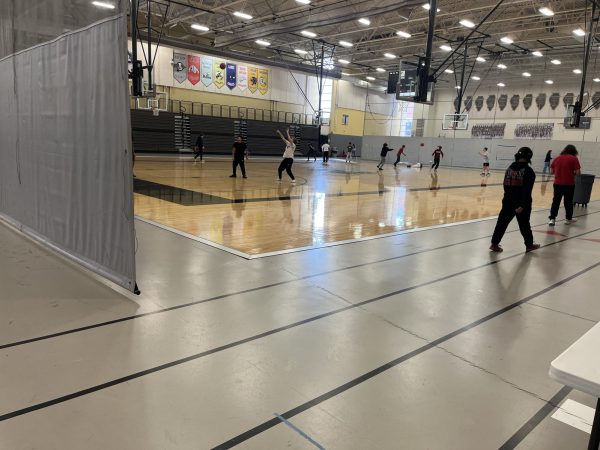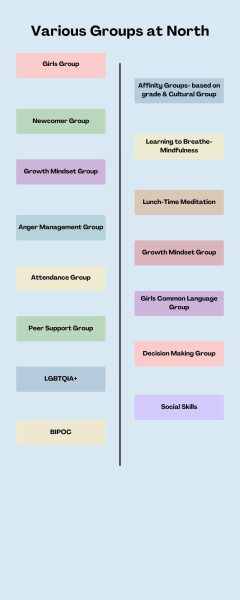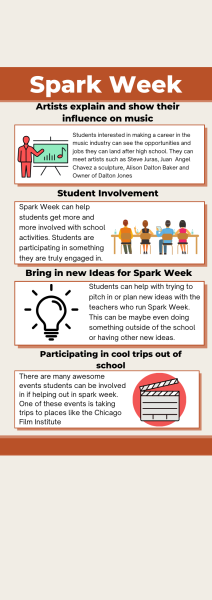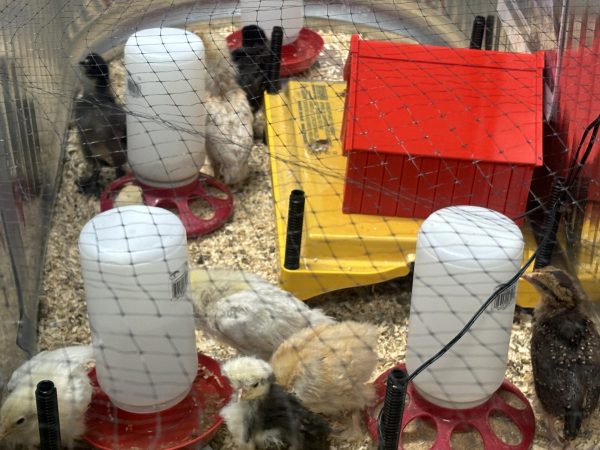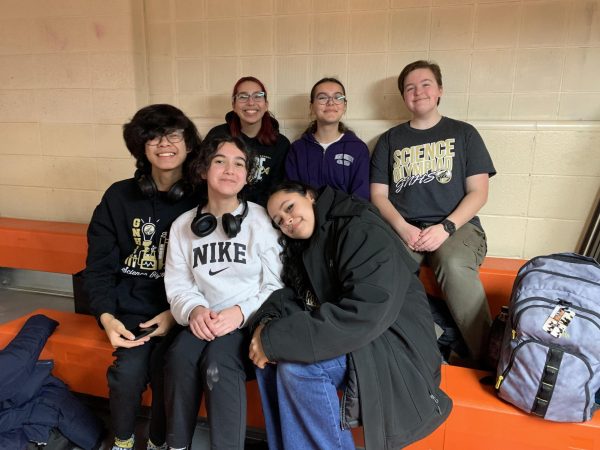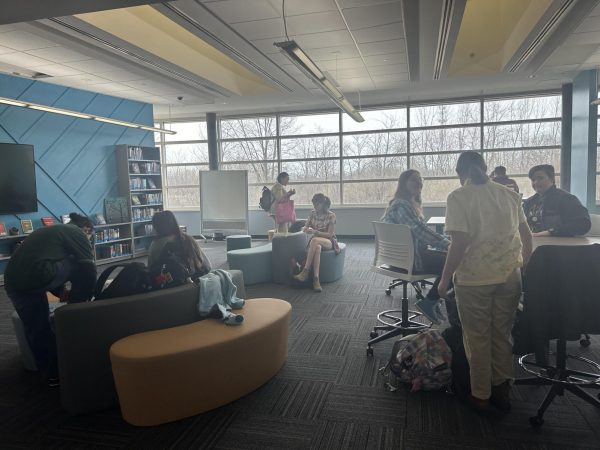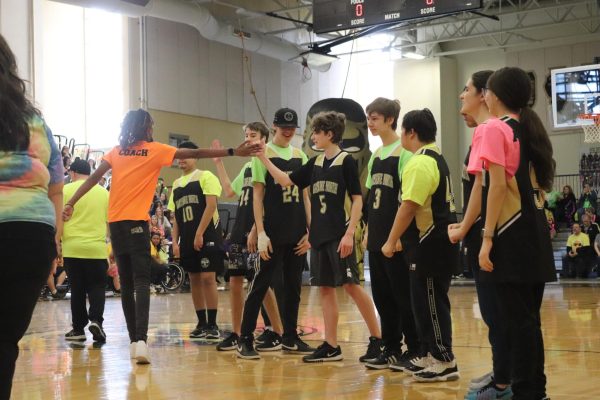Students reflect on e-learning experience
After school has been moved online, students reflect on how effective their online learning experience is and what it means for the future.
Many students questioned how much they actually learned while at home. Doing the work assigned may have helped them, but many students still wonder if it was enough.
“I think that I learned less than I would have learned if we were physically in class, but it really just depends on whether or not the student is taking the time to learn the material that the teachers posted,” said junior Kathryn Morris. “I think it is just harder for teachers to teach through the computer, and it is harder for students to learn without the interactions at the school; making connections in person and being able to ask questions is much easier when in the classroom setting.”
Students worry about those who did not keep up with the work assigned and if it could be setting their friends back.
“I think those who didn’t do e-learning are impacted a lot because they are setting themselves up for a harder school year to come,” said junior Grace Wamser.
There is also a fear of this year will affect students in the future.
“I think in the future, kids will struggle with the material they had to learn over break because many simply did just not learn it. It is extremely hard for the normal kid to pick up skills they are taught through a screen. Plus, kids are just worried about the grades and will often just look up the answers or talk to their friends about everything,” said junior Kaylee McCaslen. “I do think kids in the future will have better time management because they were responsible for their own actions and time management through this whole online schooling. This skill will be able to carry over, and I hope many kids will improve on it in the future as well.”
Several students found themselves struggling to keep up with the work assigned without a strict schedule.
“At first I was able to stay on top of all my assignments very well, but as learning continued, I had lost my motivation and I fell behind on a lot of things. In the end, I am able to finish everything on time and do a little extra to get my grades up as well,” McCaslen said.
Students considered this to be more of a learning experience for prioritizing their own time and sticking with a schedule than a physical learning experience.
“I am so used to having such a strict schedule with school, that e-learning was able to teach me how to do this myself. Some days were a lot harder than others, and being at home really taught me how many distractions my home life is filled with,” McCaslen said.
Students learned to prioritize their time and learn which assignments were most important to do.
“I mostly stayed on top of my assignments. I usually just did the assignments that would help my lowest grades,” Wamser said.
Some students criticized how e-learning was set up, but others found some of the advantages to it.
“I feel that the students who didn’t do any of their assignments are not impacted at all since grades can’t go down. Although it feels unfair that some people were able to take so much time off from school with virtually no consequences, I am really glad e-learning was set up this way because I know that everyone is living in different circumstances and many people have more urgent problems than school right now,” Morris said.
How the future school year is going to go next year is probably going to be very different from past years.
“I think next year will be a mix of in-class attendance and online learning. Since we have no way of fully controlling the virus until there is a vaccine, I am expecting ‘waves’ of cases. We might have a month in school, and then e-learning for the next 2-3 weeks until the wave of new cases is decreasing,” Morris said.
Although the school board is trying to keep students’ school experiences, some things will probably have to change.
“I have no clue how the next school year will go, but I’m guessing it won’t be the same,” Wamser said.

